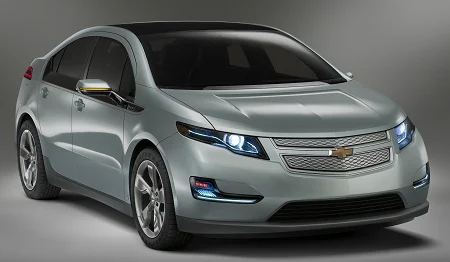Sure, a lot of big-shot auto execs believe sales of traditional gas-powered vehicles will peak before 2020, and are focusing their energies on electric vehicles (EVs) instead. But what do ordinary Americans believe when it comes to EVs?
Well, IBM’s Institute for Business Value recently surveyed both the auto industry and the public and found some surprising differences on the subject.
The IBM study asked drivers what would motivate them to switch from a vehicle that runs on gas, diesel or a hybrid fuel-source to an all-electric vehicle. The same question was posed to auto industry executives, who were asked to rate the importance they believe that drivers place on each criteria.

While 76% of industry executives surveyed listed higher oil prices as motivating factor, only 51% of the public agreed.
As it turns out, drivers were actually far more altruistic in their motivations for buying an electric car, as 48% cited sustainability concerns (while only 33% of auto execs cited the same).
Government incentives were a big motivating factor in the auto exec’s perspective, with 73% citing them as a motivating factor, while only 41% of the public agreed.
Likewise, traffic congestion – i.e., the attractively empty carpool/alternative fuel lane – was cited by 26% of drivers as a motivator, while only 11% of auto execs thought the same.
30% of drivers surveyed said that they would consider switching to an EV that got 100 miles or less per charge, and 40% said they would pay up to 20% more for an electric-only vehicle compared with a similarly-featured gas-, diesel, or hybrid-powered vehicle.
Home-chargers were a sticking point among drivers surveyed, however, as only 13% said they would be willing to spend $1,000 or more for such devices.






